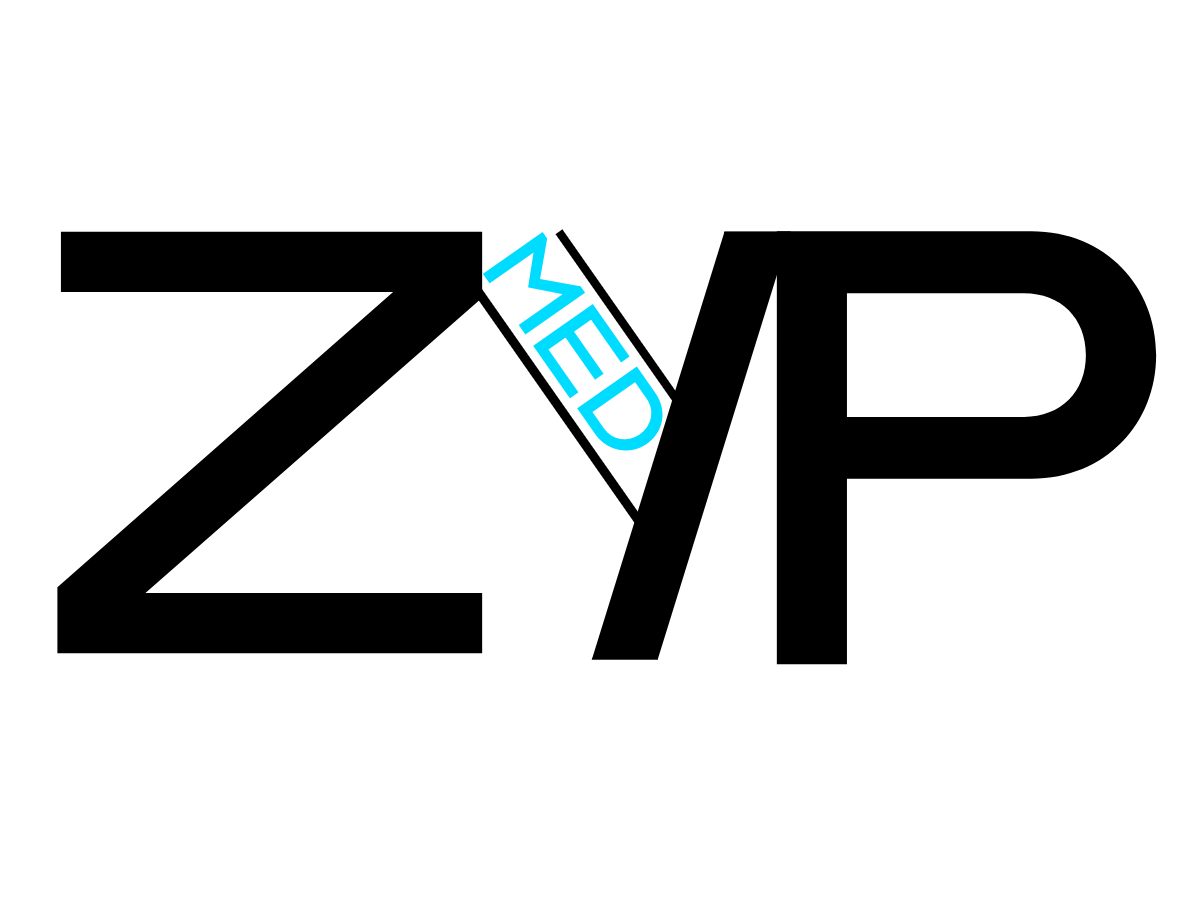Enclomiphene Citrate
The Fertility-Preserving Testosterone Therapy Alternative
Restore Your Natural Testosterone Production Without Compromising Fertility
What is Enclomiphene Citrate?
Enclomiphene citrate is a selective estrogen receptor modulator (SERM) that stimulates your body's natural testosterone production rather than replacing it with synthetic hormones. Unlike traditional testosterone replacement therapy (TRT), enclomiphene works by blocking estrogen receptors in the hypothalamus and pituitary gland, which signals your body to produce more luteinizing hormone (LH) and follicle-stimulating hormone (FSH) – the hormones that tell your testicles to make testosterone and sperm.
How It Works
Enclomiphene blocks estrogen receptors in the brain, preventing negative feedback. This causes your pituitary gland to release more LH and FSH, which naturally stimulates testosterone and sperm production in your testicles.
The Science
Enclomiphene is the purified trans-isomer of clomiphene citrate. Studies show it increases total testosterone levels into the normal range (400-600+ ng/dL) within 2-6 weeks while maintaining or even increasing sperm counts.
FDA Status
While enclomiphene is not yet FDA-approved for male hypogonadism, it is available through compounding pharmacies with a prescription. It's used off-label based on extensive clinical research demonstrating its safety and efficacy.
Key Benefits of Enclomiphene
Preserves Fertility
Unlike traditional TRT which suppresses sperm production, enclomiphene actually stimulates both testosterone AND sperm production. Studies show men maintain sperm counts of 75-176 million/mL while on treatment – making it ideal for men who want to have children now or in the future.
Natural Testosterone Production
Enclomiphene restores your body's own testosterone production rather than replacing it. This means your testicles continue functioning normally, maintaining testicular size and preventing shutdown of your natural hormone axis.
Oral Convenience
Taken as a simple daily pill – no injections, gels, or patches required. Most men take 12.5-25mg daily, making it one of the most convenient testosterone therapy options available.
Lower Side Effect Profile
Compared to traditional TRT, enclomiphene has fewer side effects. No risk of testicular atrophy, lower risk of elevated red blood cells (polycythemia), and minimal impact on cardiovascular markers when monitored properly.
Reversible Treatment
Because enclomiphene stimulates natural production rather than replacing testosterone, stopping treatment allows your hormone levels to return to baseline more easily than with exogenous testosterone.
Effective Testosterone Increase
Clinical studies demonstrate consistent increases in total testosterone levels from <300 ng/dL to 400-600+ ng/dL, with some men achieving levels above 700 ng/dL. Most men see improvements within 2-6 weeks.
Enclomiphene vs. Traditional TRT
| Feature | Enclomiphene | Traditional TRT |
|---|---|---|
| Preserves Fertility | ✓ Yes - Maintains/increases sperm production | ✗ No - Suppresses sperm production |
| Natural Production | ✓ Stimulates your own testosterone | ✗ Replaces with synthetic testosterone |
| Testicular Atrophy | ✓ No shrinkage - testicles stay active | ✗ Common side effect |
| Administration | ✓ Oral pill once daily | Injections, gels, or patches |
| Increases LH/FSH | ✓ Yes - Stimulates natural hormones | ✗ Suppresses LH and FSH |
| Polycythemia Risk | ✓ Lower risk | Moderate to high risk |
| Reversibility | ✓ Easier recovery when stopped | May require PCT protocol |
| Ideal For | Men wanting children or preserving fertility | Men not concerned about fertility |
Who Should Consider Enclomiphene?
Men Planning Families
If you want to have children now or in the future, enclomiphene is an excellent choice since it maintains or increases sperm production while optimizing testosterone levels.
Secondary Hypogonadism
Men with low testosterone due to hypothalamic or pituitary dysfunction (secondary hypogonadism) respond especially well to enclomiphene therapy.
Younger Men
Men under 40 who want to optimize testosterone without shutting down their natural production are ideal candidates for enclomiphene treatment.
TRT Alternative Seekers
Men looking for a less invasive, more natural approach to testosterone optimization who want to avoid injections and potential long-term TRT complications.
Post-TRT Recovery
Men coming off traditional TRT who want to restart natural testosterone production may benefit from enclomiphene as part of a recovery protocol.
Symptom Relief
Men experiencing low testosterone symptoms: fatigue, low libido, erectile dysfunction, mood changes, difficulty building muscle, or decreased motivation.
Frequently Asked Questions
Ready to Optimize Your Testosterone While Preserving Fertility?
Schedule a consultation with ZYP Medical to learn if enclomiphene citrate is the right choice for your testosterone optimization goals.
Book Your Consultation
